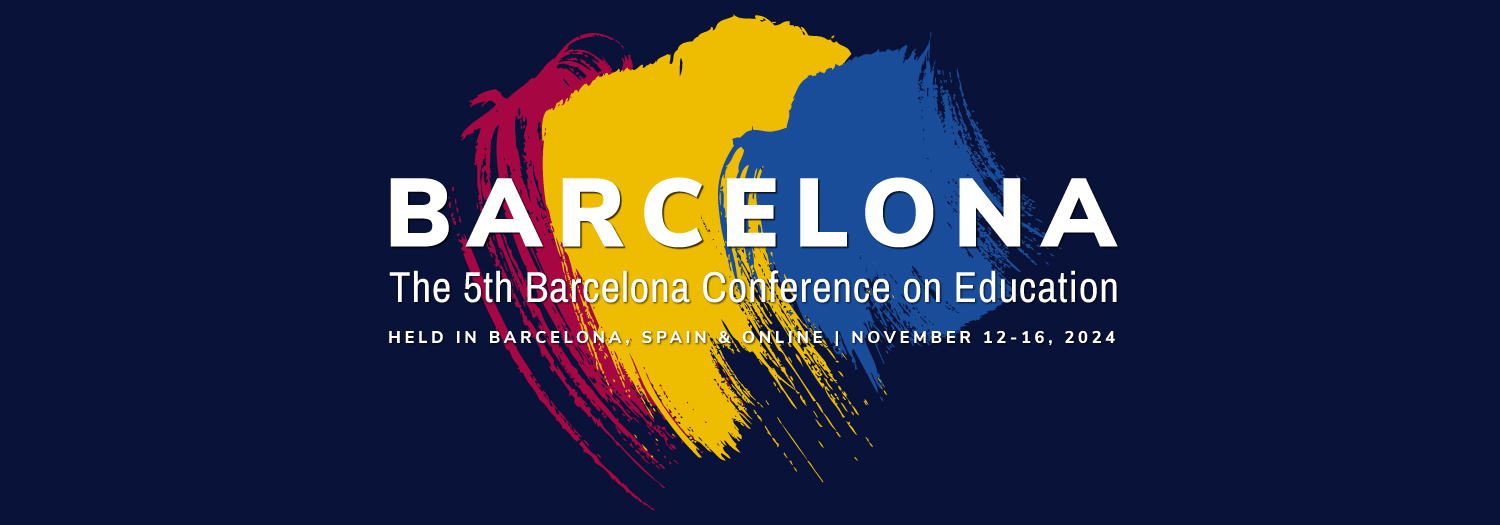Effect of Automated Conceptual Mindfacts on Understanding and Metacognitive Monitoring: An Experimental Study with Undergraduate Students (73449)
Wednesday, 20 September 2023 16:00
Session: Poster
Room: Poble Nou
Presentation Type:Poster Presentation
Due to the massive preference for objective testing in online environments to formatively assess students’ learning and the fact that most objective testing limits students to use thinking skills based mainly on memory, hence interfering with comprehension and self-regulated learning, the need to diversify and innovate in online assessment activities arises. The present study conducted a parallel-group design experiment to analyze the effect of automated conceptual mindfacts (objective, fixed, structural, and hierarchical graphical organizers) on conceptual understanding and metacognitive monitoring. To that end, fifty college students were randomly assigned to an experimental assessment activity (conceptual mindfacts) or a control assessment activity (matching) based on an academic text about “Granulocytes.” A rubric was applied to rate students’ conceptual comprehension after the assessment activity, and a judgment scale was used to rate students’ confidence regarding their performance. An independent samples t-test was used to analyze the differences between the groups. Results demonstrate that students who solved the conceptual mindfact assessment activity obtained significantly better punctuations on conceptual understanding (t (48) = 3.50, p = 0.0005, d = 1) and metacognitive monitoring (t (48) = 2.75, p = 0.0041, d = 0.77) than those who solved the matching assessment activity. Findings suggest conceptual mindfacts are powerful automated assessment activities that can be used as formative tasks in online environments to enhance conceptual understanding of complex academic texts in higher education. Also, conceptual mindfacts proved to generate lower levels of overconfidence than matching activities, therefore providing better feedback for improvement.
Authors:
Maria Paula Baquero, Universidad de Concepción, Chile
Claudia Paz Pérez Salas, Universidad de Concepción, Chile
About the Presenter(s)
María Paula Baquero is a PhD Candidate in Psychology at the University of Concepción. She has been researching about metacognition and learning, and has designed board games for participatory research with indigenous communitites in Colombia.
Connect on ResearchGate
https://www.researchgate.net/profile/Maria-Baquero-7
See this presentation on the full schedule – Wednesday Schedule





Comments
Powered by WP LinkPress